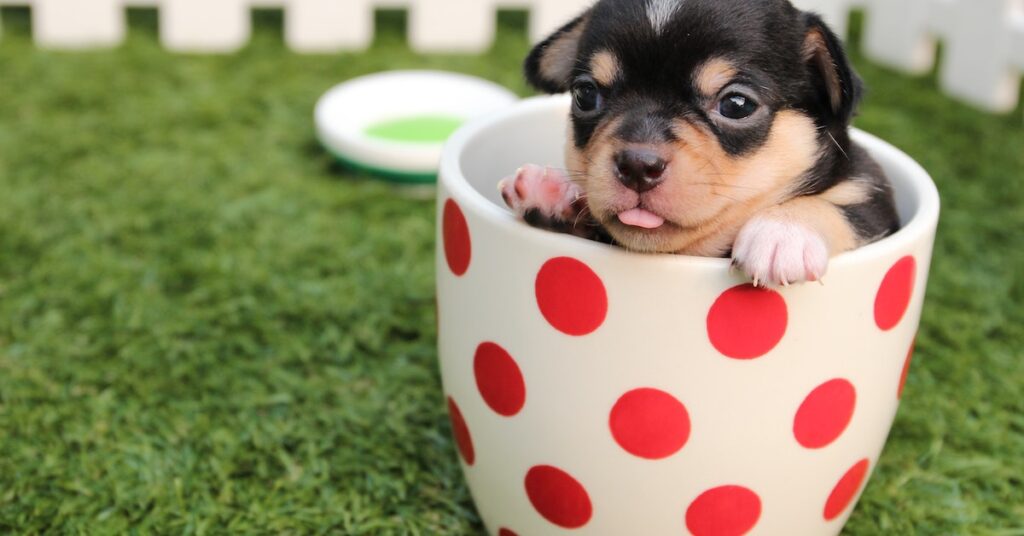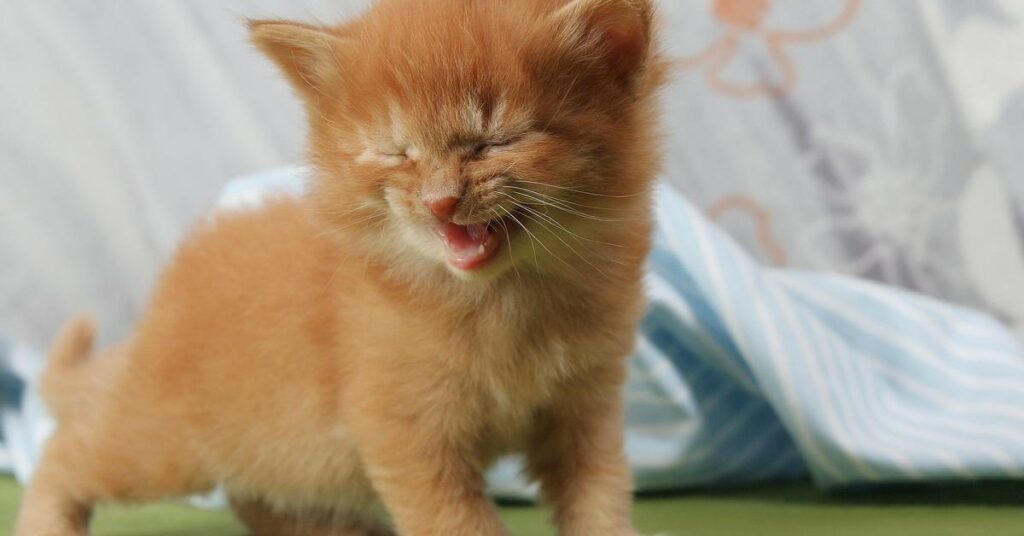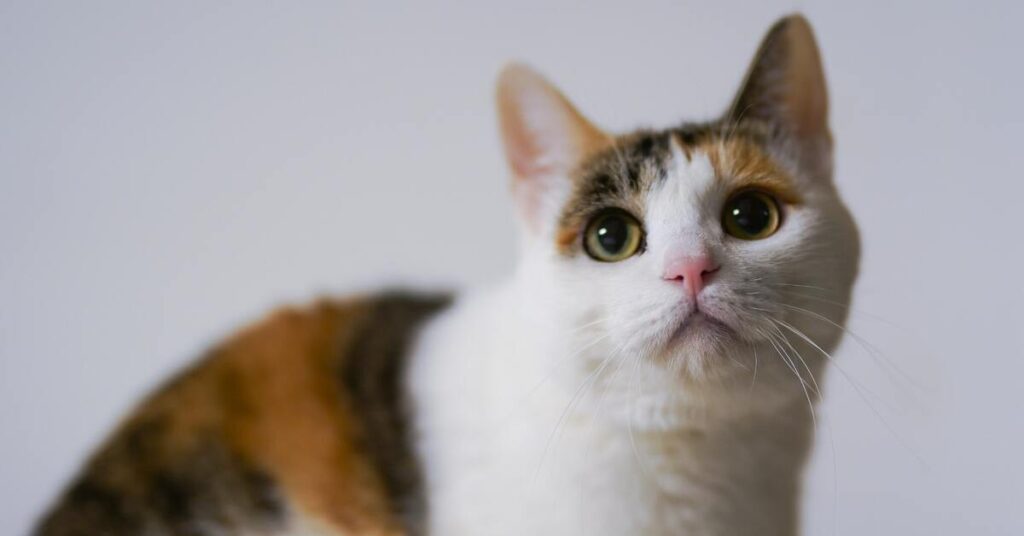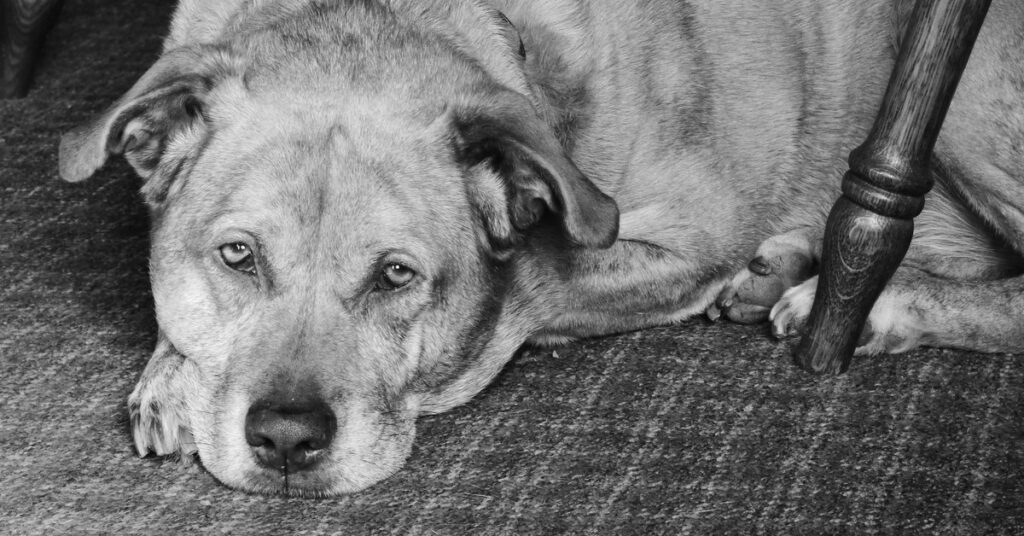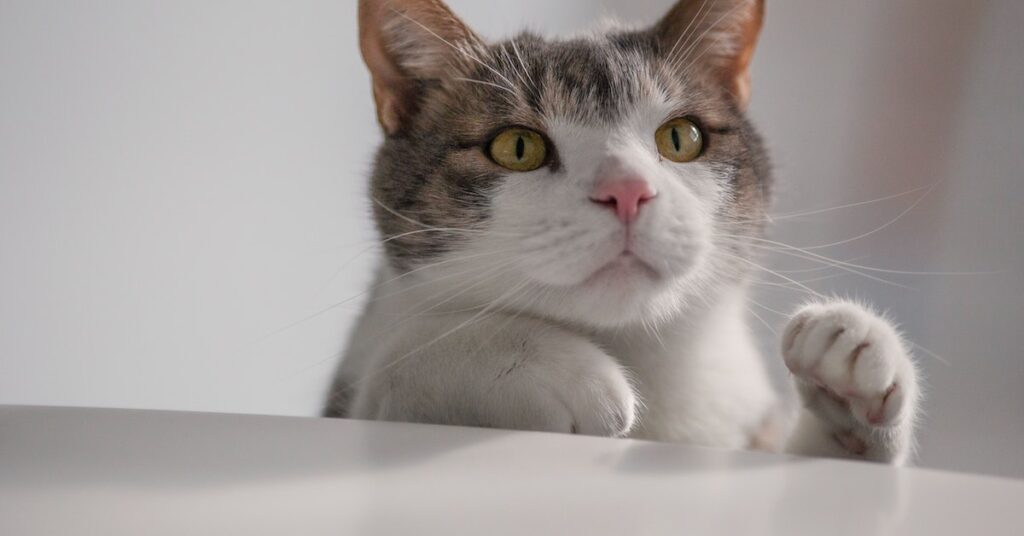The pet sitting business is one of the best recession-proof industries around. While many industries are suffering, the pet industry continues to grow and thrive. In fact, spending on pets increased by 5 percent in 2008 and 7 percent in 2001. Even though the economy is currently experiencing a recession, this recession is different from the past ones. For one, more people are working at home. Instead of long commutes to the office, they’re trading them in for conference calls. And despite this bleak economy, people still crave the emotional connection that comes from being with their pets.
Pet sitting business is insulated from a shrinking economy
The pet sitting industry continues to grow, despite the slowing economy. There are many advantages to this type of service. Many pet owners have no time to take care of their pets, and pet sitters can take on this extra responsibility. Many pet owners are unable to exercise their pets due to hectic work schedules. Others may be elderly or weak, and cannot exercise their dogs themselves. Pet sitters can help by walking their pets on a leash, or even taking them for an outing on a bicycle.
It is profitable
If you enjoy caring for animals, consider launching a pet sitting business. With an estimated 60% of Americans owning a pet, the pet sitting industry is a lucrative and recession-proof business. In fact, this industry is expected to grow at a rate of 15% a year by 2022. This industry is perfect for part-time or full-time workers.
While pet care businesses have seen a decline in the past few years, the industry has remained resilient. The pet-owning population has remained strong for several years, and their numbers are set to increase. And while pet care costs are rising, the pet-owning population is still spending a portion of their disposable income on pets.
According to the American Pet Products Association, US spending on the pet industry has increased by more than 2% a year. And the industry is expected to grow by almost $4 billion by the end of 2014, up from $4.41 billion in 2013. Thus, the pet sitting business has a steady growth rate and is recession-proof. In addition, a pet-sitting business requires very little initial capital, is scalable and can be financed easily.
Besides the pet sitting industry, the pet food industry is also considered to be recession-proof. More than 52% of households spend more on their pets than on themselves, making the pet food and care business an excellent recession-proof business opportunity. Further, the pet medication industry is estimated to be $15 billion.
The startup cost for pet sitting is low and the business can be profitable in a month or two. A successful pet sitting business can earn its owners up to $30,000 a year. However, the salary depends on the type of operation and number of clients.
It is growing
The pet industry is one of the fastest growing and recession-proof industries. As more people own pets and spend more time with them, the industry is expected to grow even more this year. Pet owners are also more likely to spend money on their pets’ lifestyles and health. If you have a business offering pet sitting, you can expect steady growth.
With millennials and tweens welcoming pets into their lives, the pet sitting industry continues to grow. The continued growth of the Millennial and Gen Z markets will continue to drive the pet care industry. The pet industry is also a recession-proof industry, as pet-care spending increased three times faster than the economy during the last two recessions.
Ross cites the recent VCA buyout as a sign of good things to come. In addition, the industry is seeing increased adoption rates. According to the ASPCA, almost one in five American households adopted a pet during the recent pandemic. Pet owners are the most valuable customers in this industry.
There are many factors to consider when setting up a pet sitting business. The industry is growing steadily and is a great choice for a recession-proof business. As pet ownership and spending increase, venture capitalists are actively looking for counter-cyclical opportunities. It’s important to create a business plan that incorporates a clear value proposition, a unique delivery mechanism, and a competitive pricing structure. In addition, it’s helpful to integrate subject matter experts. They can verify medical claims and lend credibility to a new pet business.
While American consumers are cutting back on many things, many people will continue to spend money on their pets, including the cost of dog food and pet care. Pets will always need loving care, so the pet care industry is a recession-proof business that is growing fast.
It is a niche industry
One of the few recession-proof industries is the pet sitting business. More than sixty-five percent of households in the US own a pet, and spending on pets and veterinary care has grown annually for the last seven years. This increase is not only a result of pet owners’ increased love for their animals, but also the fact that pet parents continue to spend money on their beloved pets year-round.
The pet care industry is also highly profitable. As pet ownership continues to increase, there is always a need for quality pet care. In the UK, for instance, more than PS1.6 billion is earned each year in pet sitting services, and this number is increasing. Despite the tough economy, the industry is a great choice for part-time workers and people who are willing to put in the long hours.
The pet care industry is a huge one. According to one report, 70% of households have pets. This is a significant amount of money. The pet care industry is a $100 billion industry. Many of the top franchises in this industry operate with a combination of franchising and hands-on training.
Another recession-proof industry is the pet insurance industry. A company such as Lassie Pet Insurance, based in Stockholm, recently raised EUR11 million in Series A funding. While early-stage investors looked for growth, today’s investors are more focused on cash-flow-positive growth. This means that Lassie can grow without equity funding, but it will only be able to grow if it can maintain its low customer acquisition costs and high customer retention rates.
Pet owners also tend to increase their spending habits. Many households that were previously pet-less are now adopting new pets. This increase in pet ownership has been a big benefit to the pet care industry. The increased adoption rates mean that previously pet-less households now have more money to spend on their pets.
It is a multi-service option
A multi-service pet sitting business is a great way to attract a larger clientele. Besides providing care for pets, you can offer grooming and bathing services. You can also offer pet walking or backyard playtime sessions, transportation to the vet, groomer, or boarding facility, and more.
One of the best ways to remain profitable during recessionary times is to offer home services. There will always be a need for plumbers, HVACs, and electricians. You can also specialize in interior painting. Then again, you don’t need to rent an office space, as you can work from your home.
During hard times, pet owners seek economical ways to satisfy their animal companions. Unlike other industries that were impacted by the recession, pet owners continued to spend on their animals. In fact, upscale pet amenities flourished during the recession years, while traditional hotels faced competition from peer-to-peer online marketplaces. In addition, pet owners treat their pets like children, and they are willing to spend money on their pets’ health and comfort.
In the United States, more people are raising their pets. This trend has prompted pet owners to spend huge amounts of money on them. Pet owners have never cut back on spending for pet supplies during recessions, and the pet-care industry is now worth $15 billion.
